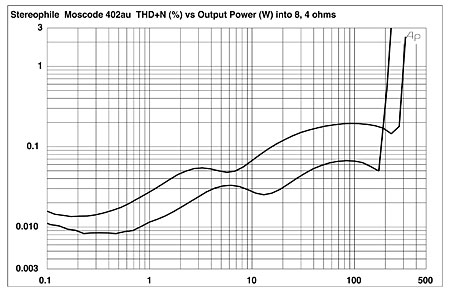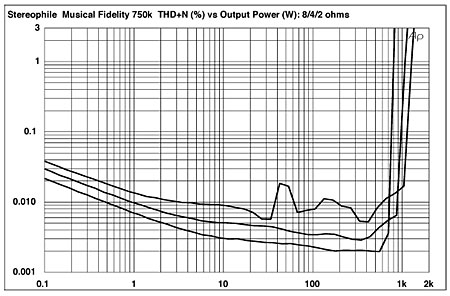Anyone owning electronics with a large warmup period - such as a the Krell KSA250- knows that when listening cold at live sound levels most times the sound seems too loud, and the tendency is to decrease volume but listening at the same electrical level when the system is hot does not suggest such high levels - only after the neighbors complain you notice it.
I agree it takes awhile for the KSA-250 to come up to temperature. And I mean the kind of temperature where you can stick your mitt over the top of the amp and know it’s hot. This is where the music server comes in handy. I always turn the amp on two hours ahead of my listening session and let it cook with the music server set on random.
Last edited:



